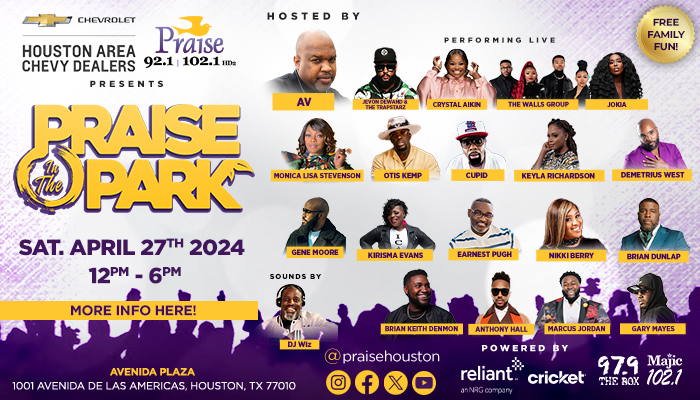Via: defendernetwork.com
Historically black colleges and universities (HBCUs) are home to some of the nation’s brightest leaders, and educational pioneers, along with producing some of the baddest bands and fiercely competitive football rivals. For almost two hundred years, HBCUs have been bastions of higher learning for African-Americans, becoming more than just academic institutions, but homes to an entire culture of students seeking both education and camaraderie.
HBCUs have always played an important role in the African-American community. There was a time that they were the only avenue to obtaining an education and training in career fields that had previously been closed to this underrepresented group. The first African-American doctors, scientists, engineers, dentists, teachers, lawyers, writers, and nurses attended these schools. There is a rich tradition and heritage in these institutions where – in some families – multiple generations have walked through the same halls in pursuit of education that has been so crucial to our individual and communal well being. An education from the African-American perspective is the driving force behind HBCUs, which rank nine out of ten colleges that have the most students who go on to earn PhDs.
Currently, there are 105 HBCUs in the United States, with Spelman, Howard, Morehouse, Hampton, and Tuskegee ranking as the top five. Along with those institutions, Fisk, Claflin, and South Carolina State made Forbes’ 2010 Best Colleges list. However, despite this prestige, there is still a dire need for the American public to recognize how important it is that we ensure the longevity of these institutions. In fact, President Obama addressed this issue at the White House recently, where he hosted the school leaders and members of the President’s Board of Advisors on Historically Black Colleges and Universities. He affirmed his support for their continued viability declaring this week to be National HBCU Week.
“There is a real and present need for education from the African-American perspective; the entire educational environment is different when you attend an HBCU,” says Dr. Mark Gooden, Associate Professor and Director of the Principalship Program at the University of Texas at Austin who graduated from Albany State before getting his graduate degree at a predominantly white institution. He states that the “nurturing, compassion, and commitment to the education and burgeoning leadership skills of African-American students [at an HBCU] provides a confidence in your ability to succeed that is unparalleled.”
HBCUs are still the hub for the shining stars in the African-American community. They currently graduate over half of African-American professionals. Their continued growth and viability are, without question, essential to the success of our nation as a whole. President Obama addressed this in his speech when he reiterated his desire for America to again have the most college graduates in the world. Recognizing that this is key for moving into the 21st-century economy, he noted that, “we cannot reach this goal without HBCUs.”









